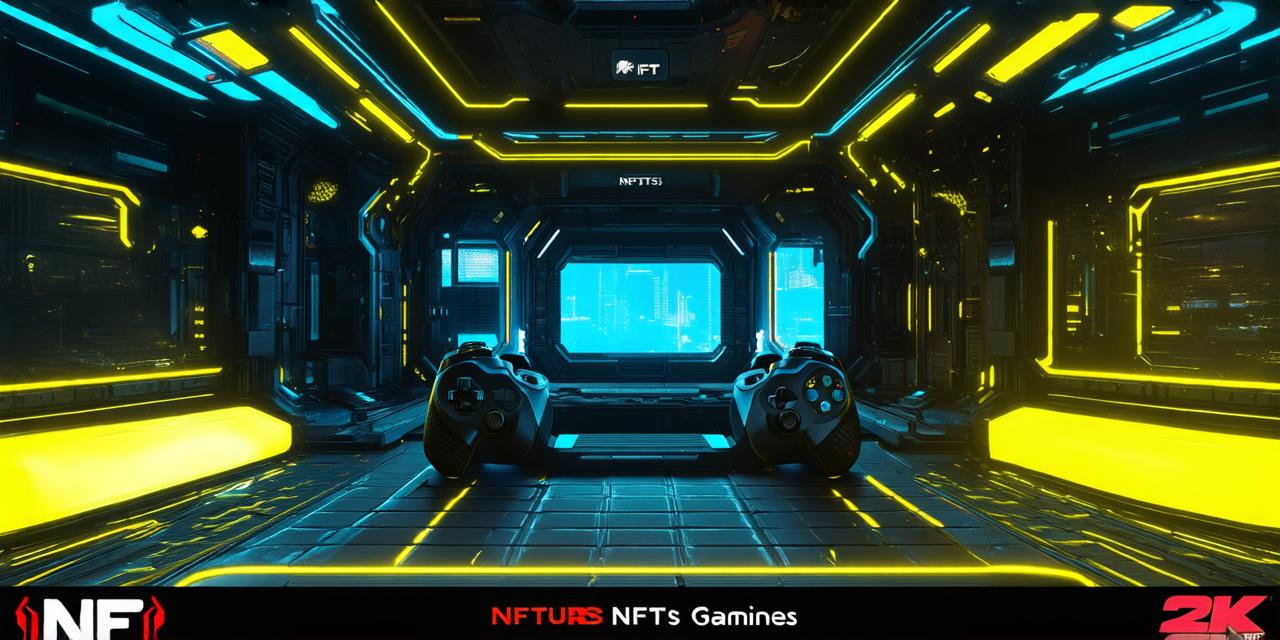Types of Games Involving NFTs:
There are several types of games that involve NFTs, including collectible games, sports games, strategy games, and role-playing games. In collectible games, players can buy, sell, and trade NFTs representing in-game items such as cards, figures, or weapons. Sports games often use NFTs to represent player tokens that can be bought and sold on the open market. Strategy games may use NFTs to represent units or assets that can be traded and used to build armies or create alliances. Role-playing games often use NFTs to represent characters, weapons, or other items that can be customized and leveled up by players.
Mechanics of Games Involving NFTs:
The mechanics of games involving NFTs vary depending on the type of game, but they all share some common elements. Players typically use cryptocurrency to purchase NFTs, which are then stored on a blockchain. The ownership and transfer of NFTs are managed by smart contracts, which are self-executing programs that automatically enforce the rules of the game.

The value of NFTs is determined by supply and demand, similar to traditional assets such as stocks or commodities. As demand for an NFT increases, its price also goes up, making it a valuable asset for players to own. In some games, NFTs can be used to gain access to exclusive content or events, giving players an added incentive to collect and hold onto them.
Benefits of Games Involving NFTs:
There are several benefits to playing games that involve NFTs. One major benefit is the sense of ownership and uniqueness that comes with owning an NFT. Because each NFT has a unique identity, players can be sure that their assets are truly their own and cannot be replicated or copied by others. This also gives players the ability to sell or trade their NFTs on the open market, providing a new source of income for some players.
Another benefit of games involving NFTs is the potential for increased engagement and community building. Because NFTs are often tied to specific in-game items or assets, players can connect with each other over shared interests and work together to build their collections. This sense of community can also extend beyond the game world, as players can connect with each other on social media or other platforms to discuss and trade NFTs.
Conclusion:
Games involving NFTs have become increasingly popular in recent years as a way for players to own unique and valuable assets within the game world. There are several types of games that involve NFTs, including collectible games, sports games, strategy games, and role-playing games. The mechanics of these games involve the use of cryptocurrency to purchase NFTs, which are then stored on a blockchain and managed by smart contracts. The value of NFTs is determined by supply and demand, and they can be used to gain access to exclusive content or events. Games involving NFTs provide players with a sense of ownership and uniqueness, as well as the potential for increased engagement and community building.
